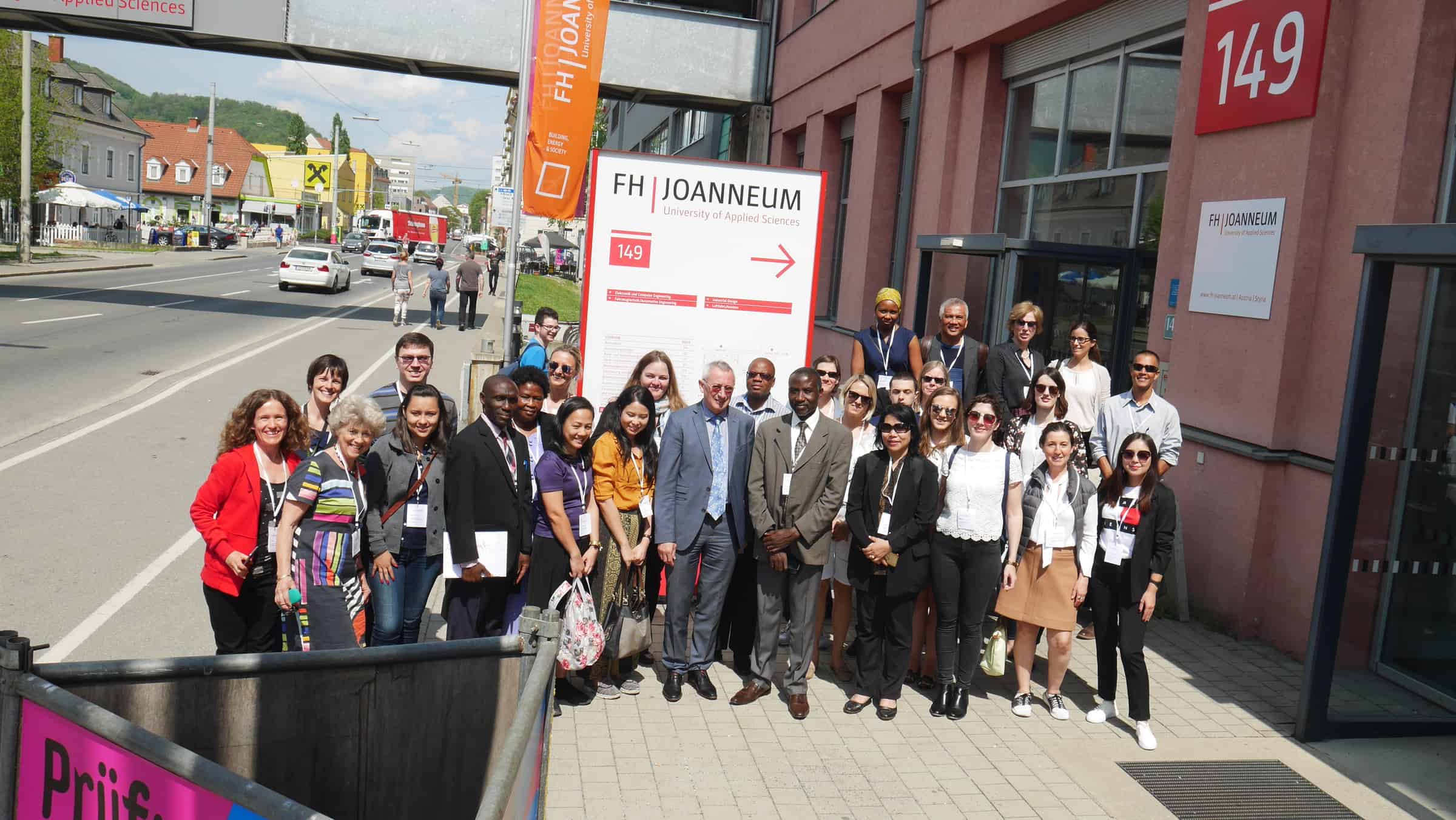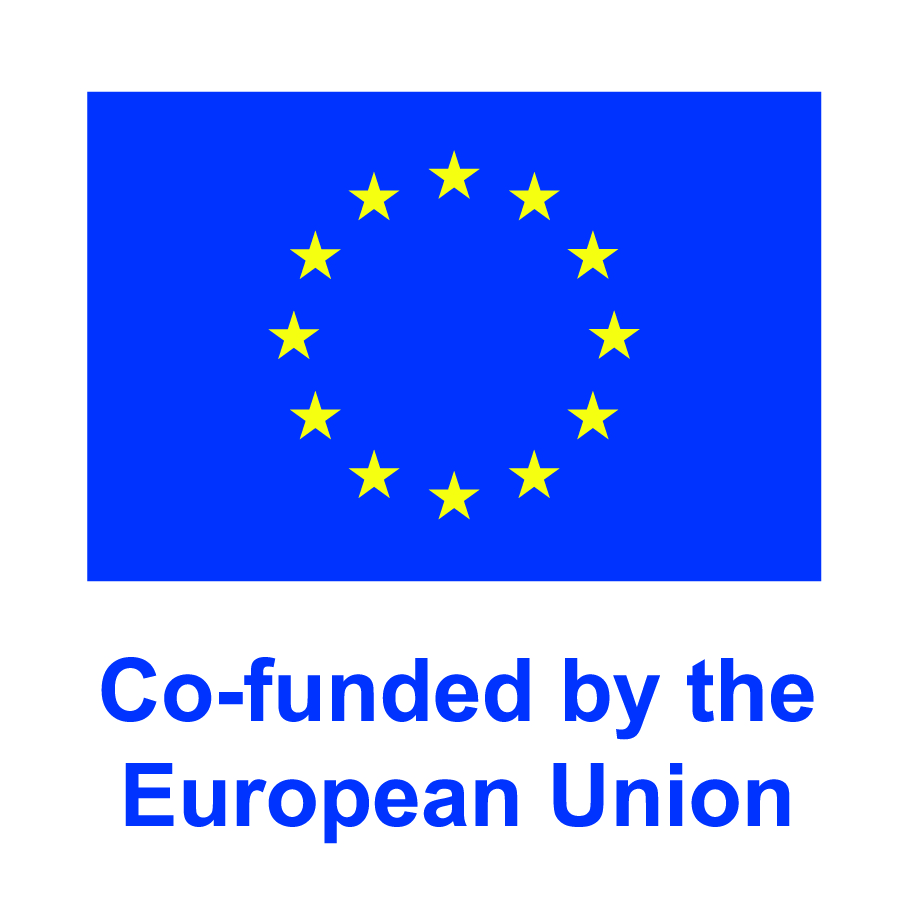An important aspect of FH JOANNEUM’s internationalisation is its participation in Erasmus+. Lecturers and university staff with permanent employment at FH JOANNEUM can participate in staff mobility for teaching purposes (Teaching Staff Mobility, STA) or staff mobility for training purposes (Staff Training, STT) as part of Erasmus+.
Lecturers and Staff









